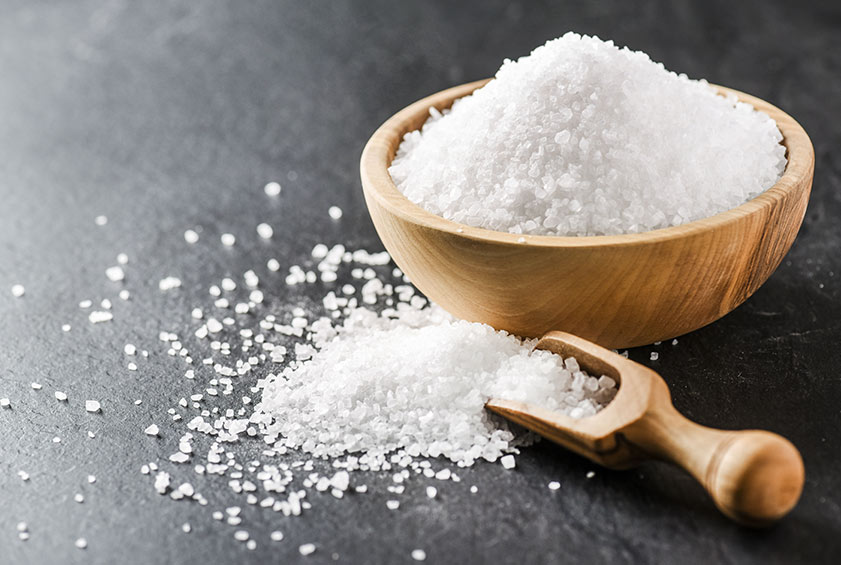Osteoporosis is the cause of almost 9 million fractures a year. Shocking right? But what’s even more alarming is that what you eat could be the cause of it. Ever since we were children, we have been told that we have to drink milk to make sure our bones are strong. That’s definitely right, and as older adults, we still need calcium and Vitamin D to keep our bones strong. However, there are some foods that can leave us with weak and brittle bones. As such, we should do our best to steer clear of them. Here are six different types of foods to avoid when you have osteoporosis.
Legumes
Although legumes such as peas and lentils are chock-full of protein, they unfortunately also carry phytates which limit the absorption of calcium. However, this doesn’t mean that you should avoid legumes entirely. The simple tip of soaking them in water for a few hours before cooking can eliminate the presence of phytates, making it a healthy alternative to meat.
Caffeine
Coffee and tea are arguably the most important drinks for kick-starting the day, and they are often used as a pick-me-up in the late afternoons. However, before you reach for another cup, you should know that consuming more than three servings of coffee or caffeinated tea can decrease calcium absorption and make your bones brittle. But don’t worry, you don’t have to quit drinking coffee or tea altogether. Instead, try reducing your consumption to less than three servings a day.
Salt
Salt is most commonly used to season our foods. It is present in nearly all types of food, be it fresh or frozen. However, do you know that table salt is the leading cause of calcium loss? Table salt actually causes our bones to become brittle over time! With it being the most popular seasoning, many people find it very difficult to limit its intake. Some tips would be to substitute salt for other herbs, such as pepper, rosemary, or oregano.
Other foods with high salt content that we should avoid are processed food, canned food, baked goods, and fast food. If you find it hard to limit your sodium intake in the beginning, start by increasing your intake of potassium-rich foods like bananas, as they can help counteract the effects of salt by decreasing the amount of calcium lost.
Alcohol
Consuming small amounts of alcohol can lead to increased bone density. However, you should limit your alcohol intake to two drinks a day for men and one drink for women. When consumed in large amounts, alcohol can lower your bone density and lead to an increased risk of fractures.
Soy
Rich in protein, soy has been lauded as one of the best alternatives to meat. However, even though foods like tofu and tempeh are rich in protein that is good for building strong bones, they also contain oxalates, a nutrient that prevents calcium from being absorbed by your body. Again, this does not mean that you have to completely stop eating soy. Eating soy in moderation has tremendous benefits to bone health. You should only avoid consuming it in excess.
The safest way to ensure that your bones stay healthy is to eat foods that are low in sodium and to eat everything in moderation. To start, you can come up with an osteoporosis meal plan to help you make sensible food choices!







